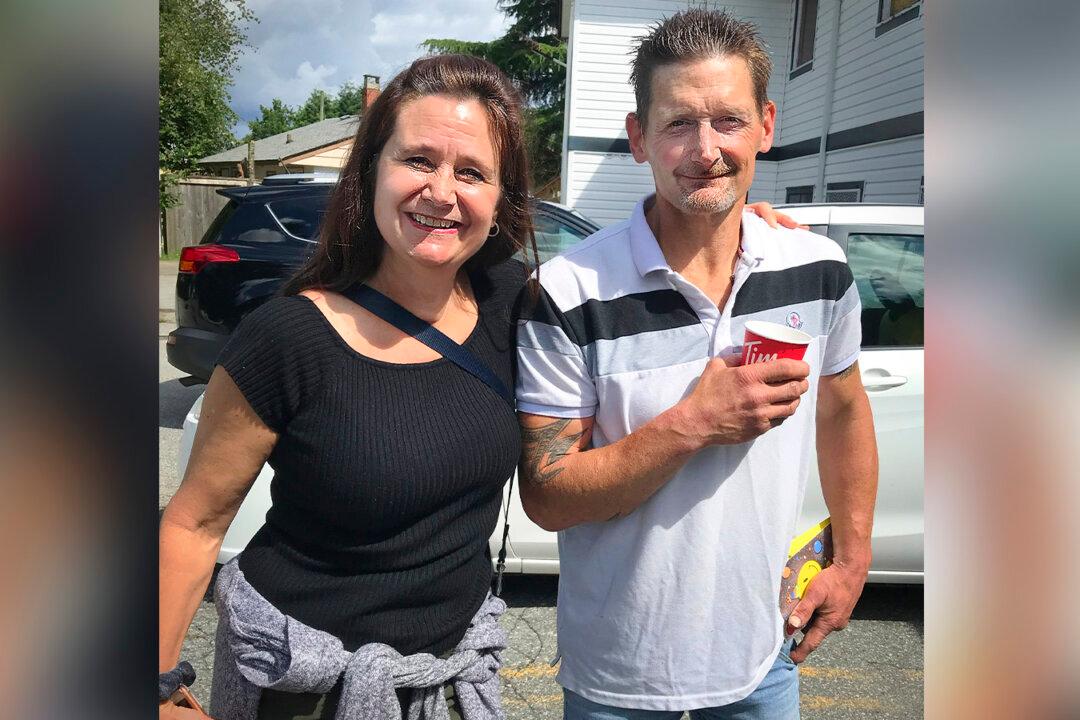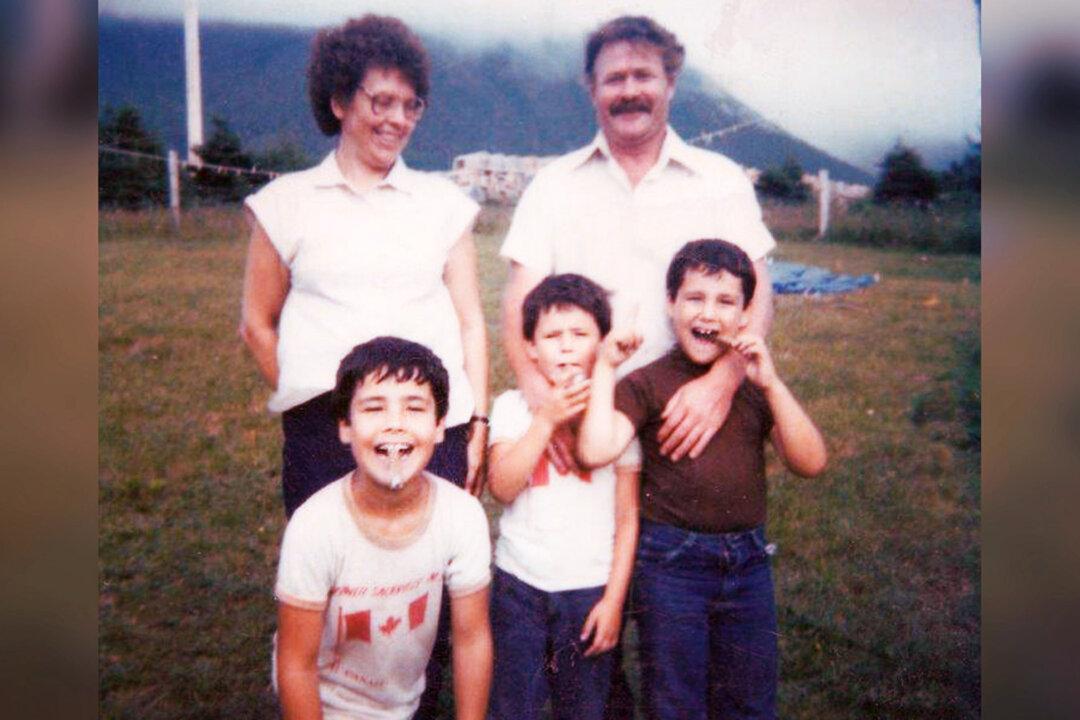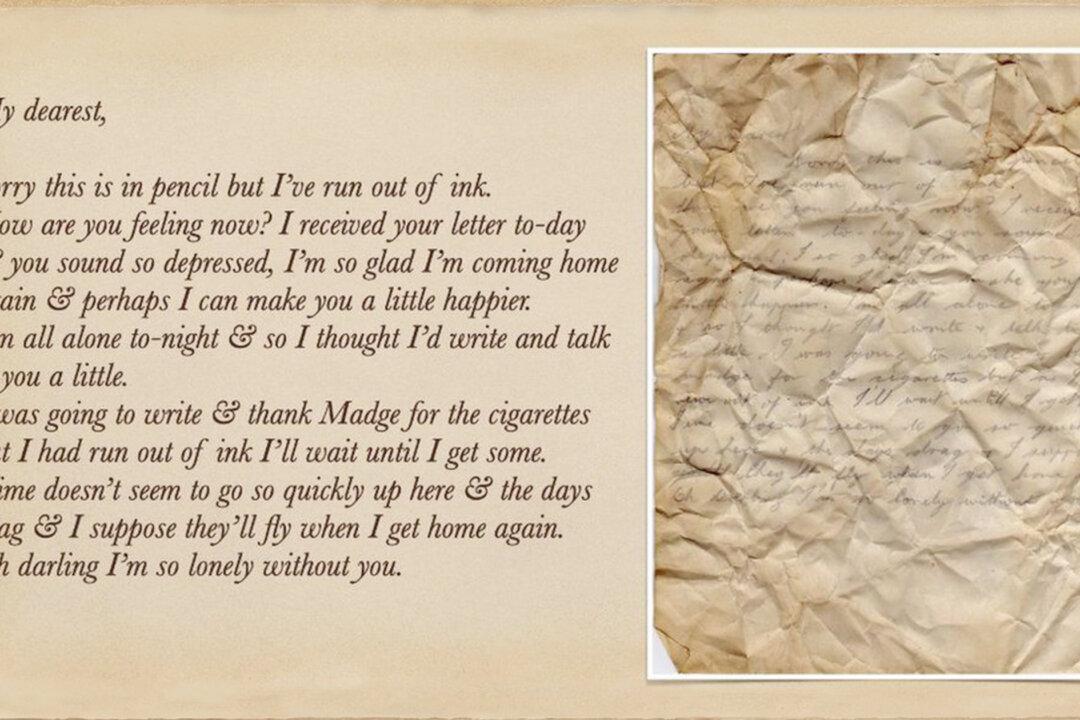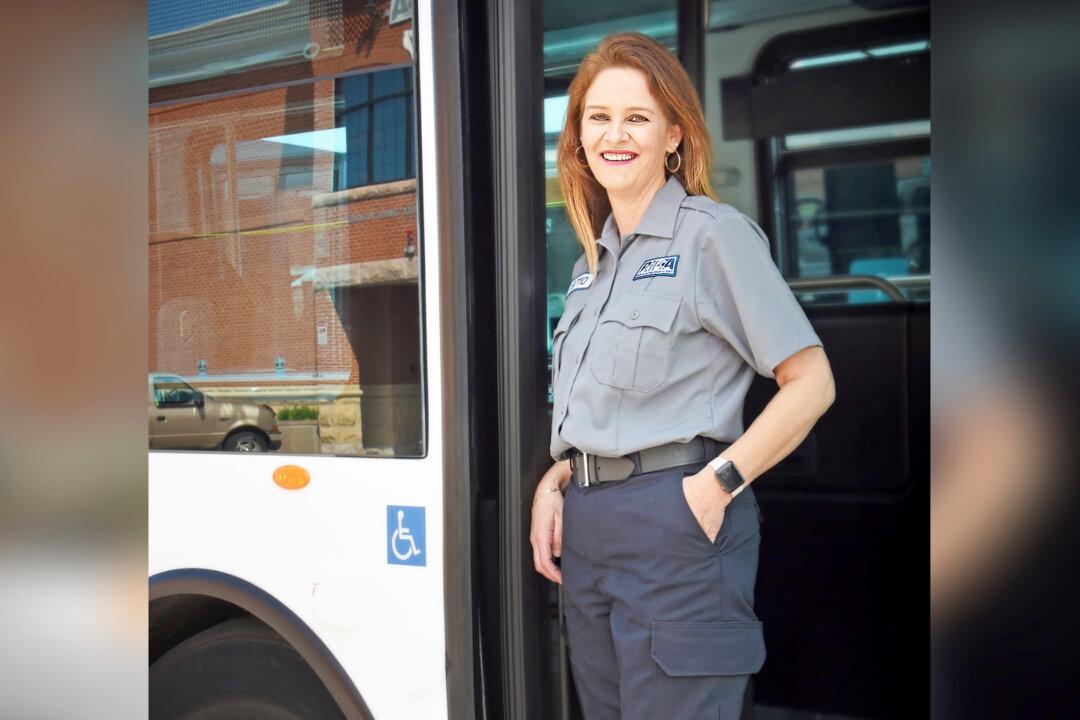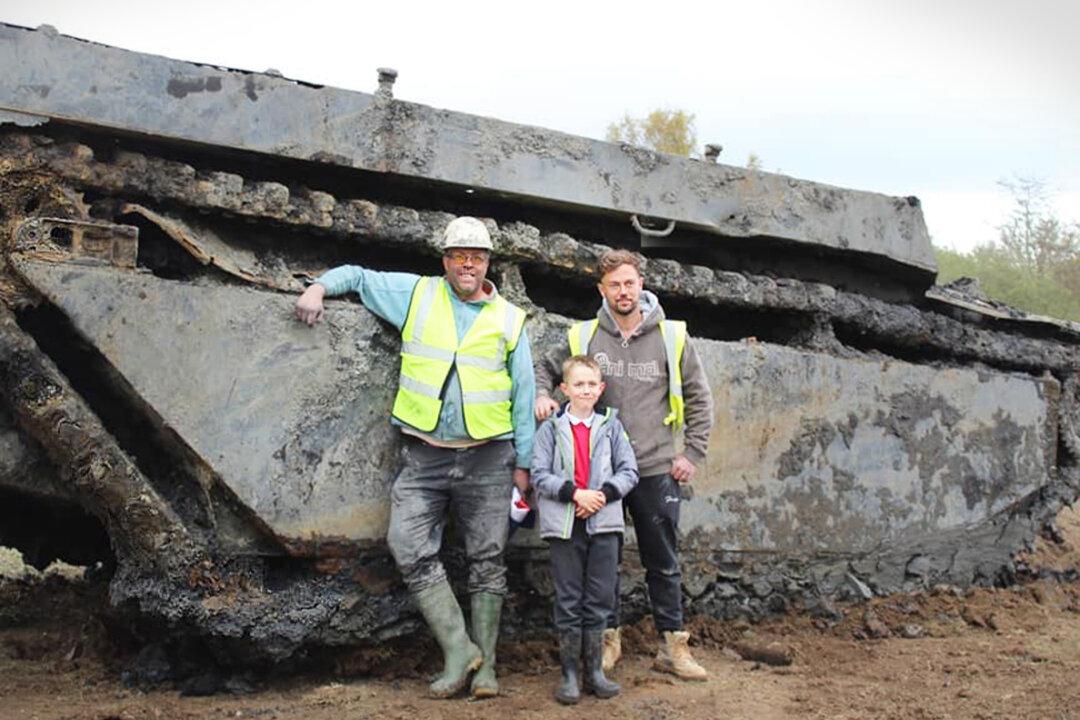It is often the case that when a person becomes homeless, family members are left in the dark, wondering what became of them. For years, next of kin may languish in limbo without seeing or hearing from that lost loved one.
So when Kris Zemlak was reunited with her homeless brother at a church in Surrey, British Columbia, she was overjoyed to have found him, alive, at last.

